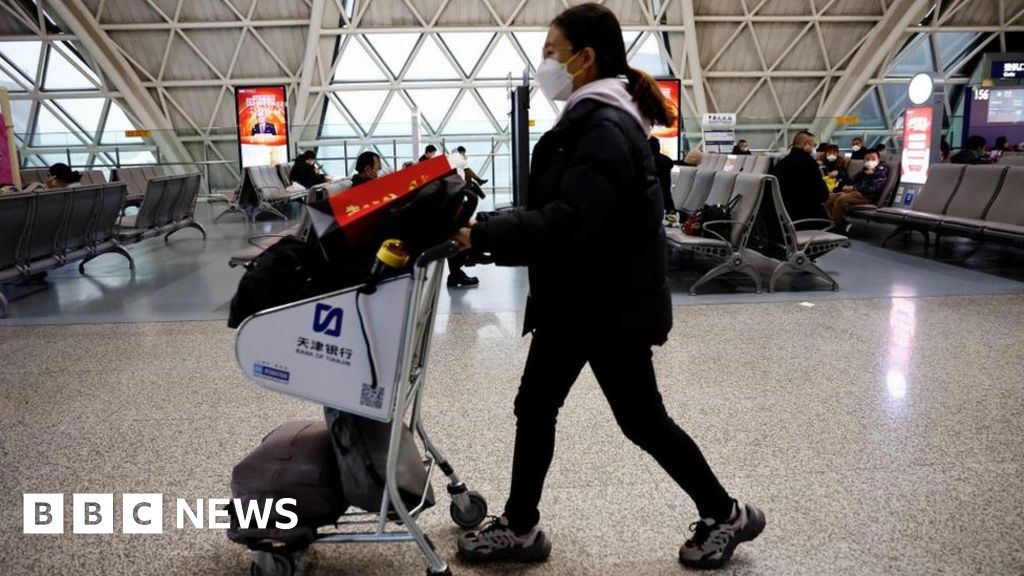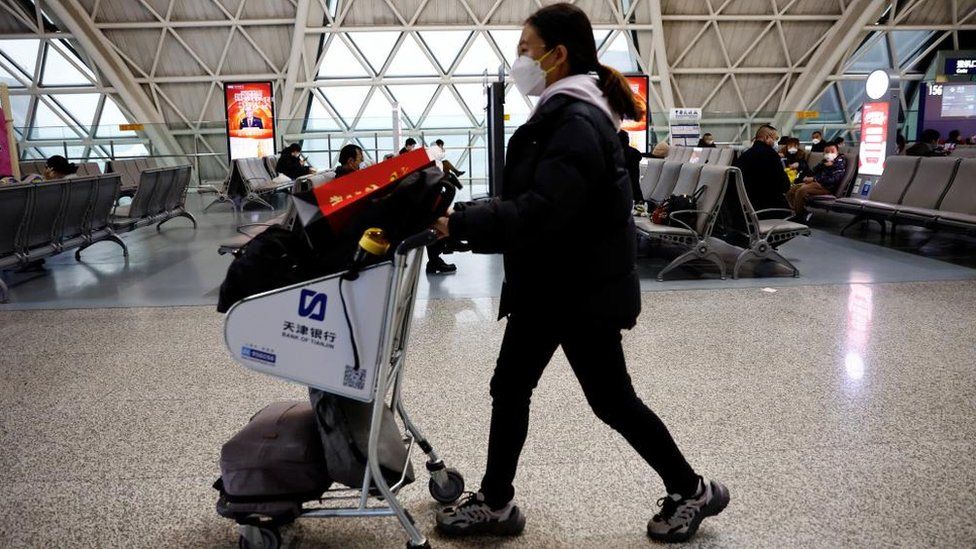
Passengers arriving in England from China will have to provide a negative Covid test before they board a flight, ministers have confirmed.
It comes as several nations announced they would be screening travellers from China after cases surged following Beijing’s decision to relax its zero-Covid policy.
China has said it will fully reopen its borders on 8 January.
Several countries, including the US, France and India, have imposed testing.
The Department of Health and Social Care said people travelling from China on direct flights from 5 January will be asked to take a pre-departure Covid test.
From 8 January, the UK Health Security Agency will also launch surveillance, which will see a sample of passengers arriving from China tested for the virus as they arrive.
Health Secretary Steve Barclay said the government was taking a “balanced and precautionary approach”, adding the measures were “temporary” as officials assess the latest Covid data.
The testing requirement only applies to people flying to English airports, with the government saying that while there are no direct flights from China to Scotland, Wales or Northern Ireland, it is working with the devolved administrations to ensure the policy is applied UK-wide.
The World Health Organization (WHO) has called on Beijing to share “real-time” information on Covid – including on deaths, hospitalisations and vaccinations.
The UN body said it was willing to offer support on data-sharing, adding that it was “understandable” that some countries were now imposing fresh restrictions.
China’s foreign ministry said earlier this week that its “epidemic situation” overall was “predictable and under control”.
The Chinese government is reporting about 5,000 cases a day, but analysts say such numbers are vastly undercounted – and the daily caseload may be closer to one million.
The true toll of daily cases and deaths in China is unknown as officials have stopped requiring cases to be reported, and changed classifications for Covid deaths.
The UK government said its decision was due to a “lack of comprehensive health information shared by China”.
Spain, Israel and South Korea also announced on Friday that they will introduce testing requirements in response to the increasing number of infections in China.
Some scientists have questioned the approach of the UK and US – saying it is better to screen people once they have arrived. Italy and Spain have introduced post-arrival testing.
But not all countries have announced additional controls. Germany has joined Australia and Portugal in saying there will be no new rules yet.
Concerns over impact of testing
Prof Andrew Pollard, chairman of the Joint Committee on Vaccination and Immunisation (JCVI), said the restrictions are unlikely to prevent new Covid variants reaching the UK and it was difficult to know what impact such a move would have here.
He told BBC News: “Trying to ban a virus by adjusting what we do with travel has already been shown not to work very well.
“We’ve seen that with the bans on travel from various countries during the pandemic, that hasn’t stopped those viruses travelling around the world eventually.”
But there is concern that more infections can provide more opportunities for the virus to mutate.
Countries that plan to test travellers say the policy will help spot worrying new variants early and prevent an influx of cases.
The US Centers for Disease Control and Prevention said testing visitors from China, Hong Kong and Macau was needed “to help slow the spread of the virus as we work to identify… any potential new variants that may emerge”.
The government had also come under pressure from Conservative MPs who want a more robust response.
The new requirement for travellers from China to provide negative tests was welcomed by Tory MP Steve Brine, chairman of the Commons health and social care committee.
He told BBC Radio 4’s Today programme that the move would reduce the number of passengers with infections, and help to identify new variants of the disease.
But he said the policy was not about trying to “ban a virus” – adding that ministers were not trying to repeat the “Beijing folly of an unattainable zero-Covid policy”.
-
-
30 December 2022

-
-
-
30 December 2022
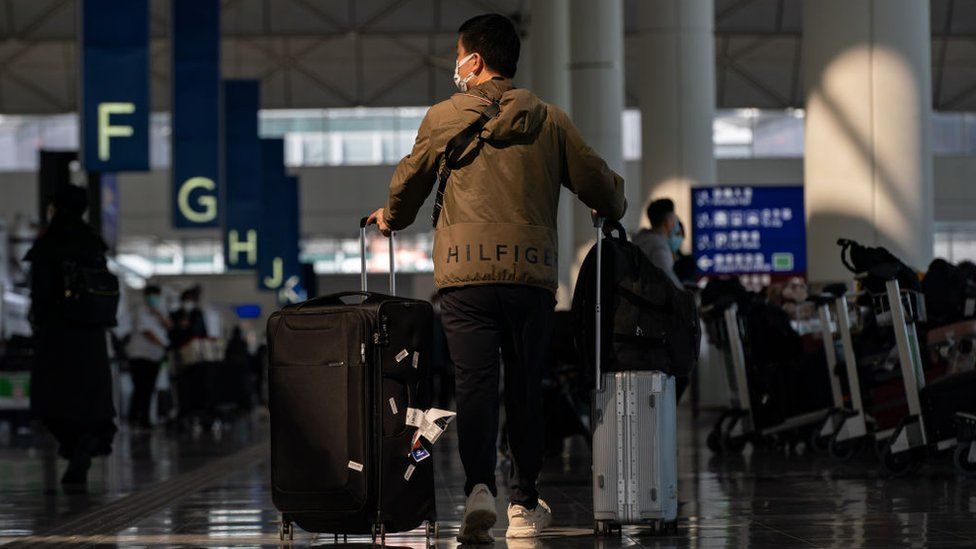
-
-
-
30 December 2022
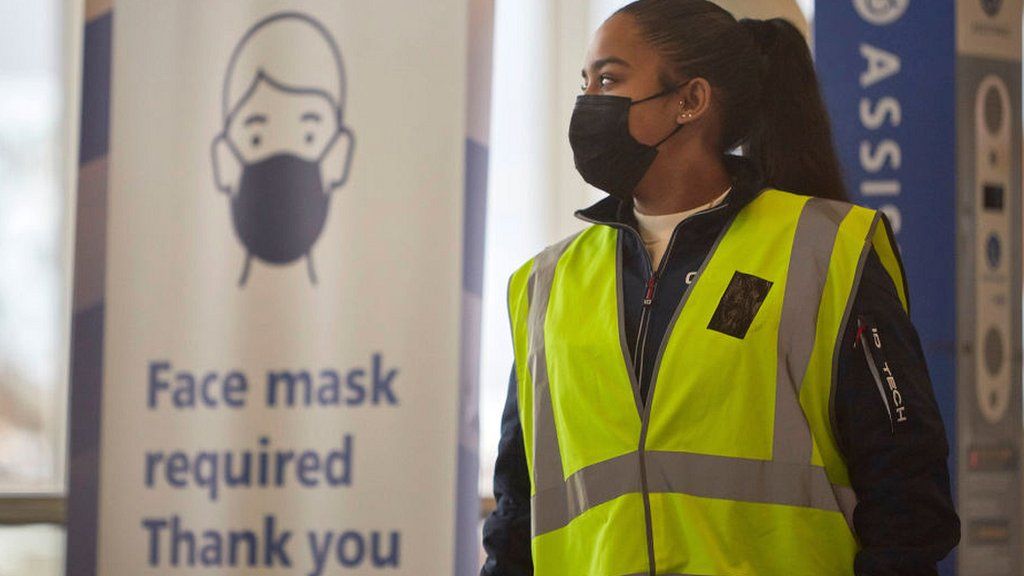
-
-
-
29 December 2022
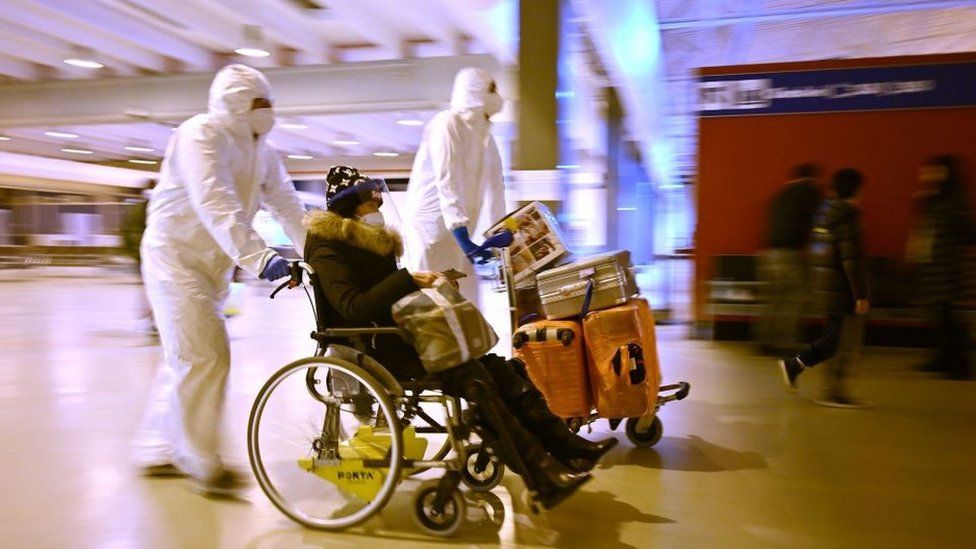
-
